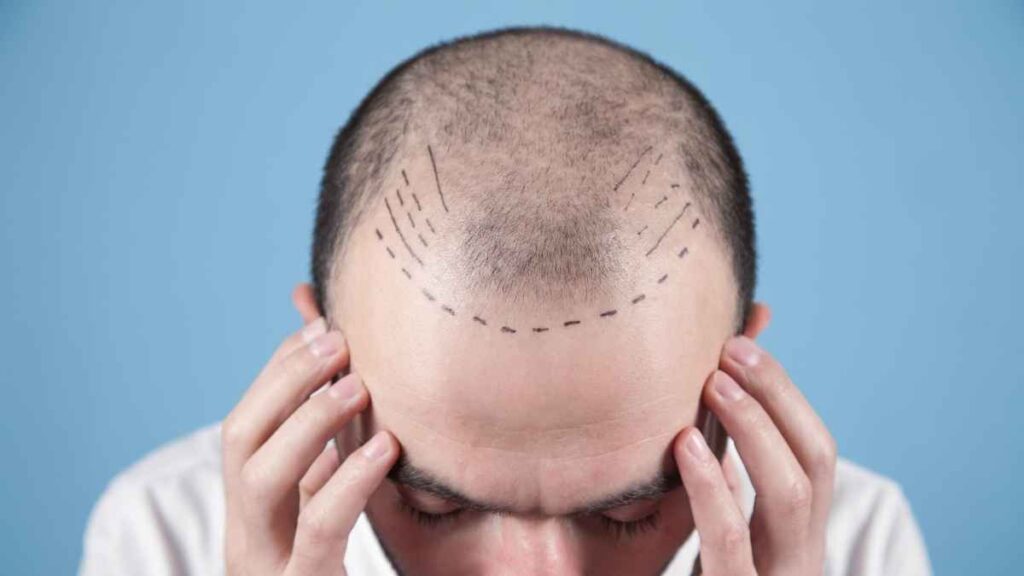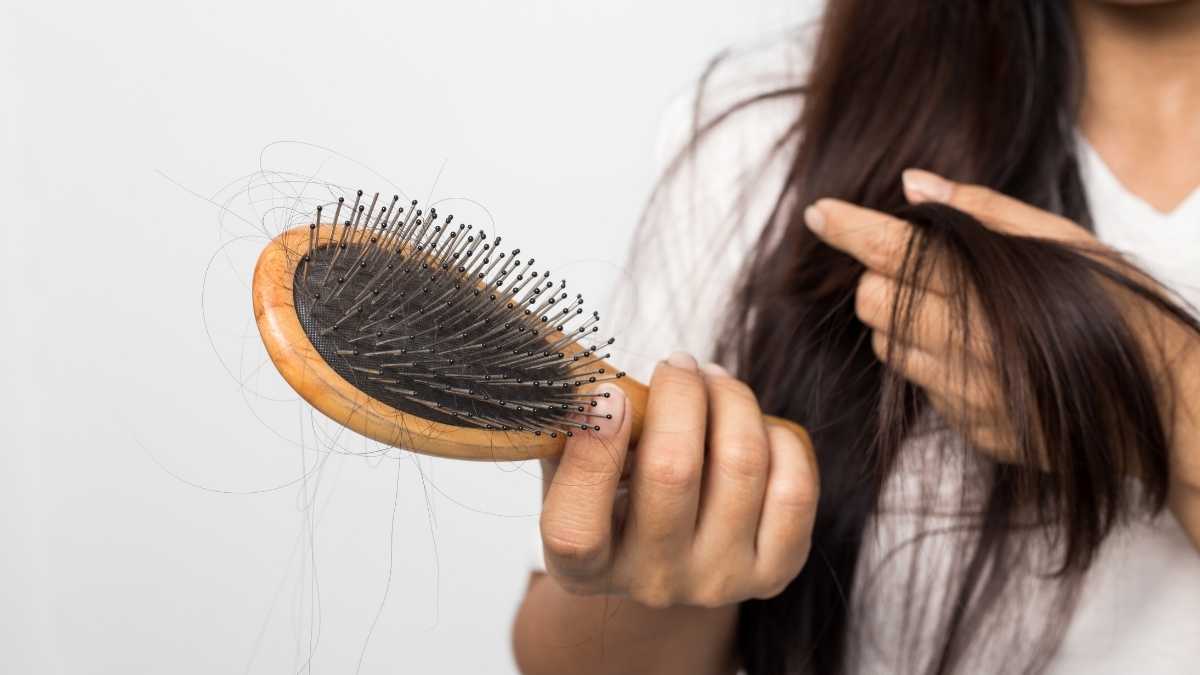Getting a hair transplant is a big step.
Choosing to undergo a surgical operation is always fraught with anxiety. It’s natural to be concerned about the procedure and the outcome, but study and education will help to alleviate these fears.
To make sure you have all of the truth before making a decision, here is some detail about 10 common concerns about hair transplants.
- 1. Is it possible to experience hair loss following a hair transplant?
- 2. What can cause a hair transplant to fail?
- 3. Is it possible for new hair loss to occur after a FUE hair transplant due to lifestyle choices?
- 4. What medical conditions can result in hair loss after a hair transplant?
- 5. Am I a good candidate for a hair transplant?
- 6. Is an FUE hair transplant painful?
- 7. How long does a hair transplant surgery take?
- 8. Will my hair look natural after hair transplant?
- 9. How long does an FUE hair transplant take to heal?
- 10. What risks a beard transplant have different from a hair transplant?
- Final Thoughts
1. Is it possible to experience hair loss following a hair transplant?
It is important to understand that a good hair transplant involves many steps of healing. You will experience some hair loss at one of these periods. However, this is just a temporary situation. A significant amount of hair will fall out two to four weeks after surgery.
This is a normal part of the recovery process after a follicular unit extraction, or FUE, hair transplant. Hair transplantation involves separating small clusters of hairs and relocating them to the target place. The method, however, “shocks” the scalp and follicles. This shock effluvium causes follicles to reset for a short period of time. Initially, hair will fall out at this time.
After the shock has gone away, the follicles will continue to develop new hair.
2. What can cause a hair transplant to fail?
One common concern is whether you will lose your hair again if the FUE hair transplant is successful. You should be certain that transplant failure following a successful operation is extremely rare. Telogen effluvium is one source of visible hair loss years after a successful hair transplant.
This occurs when a large proportion of the follicles, sometimes close to 10%, reach a resting state. Those hairs stop growing during that period. When they awaken, they force the old hair out of the follicle to make room for new hairs. This seems to be hair loss, but it is only temporary. Regardless of the initial success of the hair transplant, such medical conditions may have an effect on hair development.
3. Is it possible for new hair loss to occur after a FUE hair transplant due to lifestyle choices?
Even if the hair transplant is successful, the following conditions will result in hair loss. Hair loss is a side effect of certain drugs. By studying possible side effects, you can learn more about medication-related hair loss. Hair loss can also be caused by dietary decisions and lifestyle factors such as smoking and stress. Following a balanced lifestyle reduces the chances of experiencing hair loss following a successful hair transplant.
4. What medical conditions can result in hair loss after a hair transplant?
A medical condition can affect the follicles and cause hair loss in rare cases. A diffuse type of Alopecia Areata, for example, may cause hair loss to recur. Hair loss can return as a result of lichen planopilaris.
5. Am I a good candidate for a hair transplant?
Any person who is thinking about getting a hair transplant is assessed to see if they are a good candidate for the procedure. Even if a hair transplant is successful, people with some health problems will not see long-term results. In certain cases, genetic testing, as well as a comprehensive medical history examination, will decide if these conditions are present.
It’s also important that there’s enough donor hair on hand to facilitate the operation. Some people may not be the best choices if their expectations for the outcome are unreasonable. It is possible to correct this by discussing the result with a competent surgeon prior to the operation.
6. Is an FUE hair transplant painful?
The severity of pain varies from person to person. A local anaesthetic is used to numb the region during the procedure. These initial injections can be unpleasant, but only for a short time.
You should not experience any discomfort during the FUE hair transplant process until the anaesthetic has taken effect. Furthermore, the anaesthetic relieves discomfort for a short time after the operation is completed. You may experience some pain and tenderness after surgery, but this is usually minor. In most cases, as long as your duties aren’t too strenuous, you’ll be able to resume them the next day.
7. How long does a hair transplant surgery take?
Depending on the amount of hair to be transplanted, a hair transplant will take anything from a few hours to a full day. Most people, on the other hand, are able to pass the time by doing things like reading a book or watching a movie. The majority of patients find the time commitment to be completely manageable.
8. Will my hair look natural after hair transplant?
The FUE hair transplantation requires one or four hairs to be planted simultaneously. This makes it possible to pay attention not only to the position of our hair, but also to the angle and direction it is transplanted. This makes it possible to strategically place all hair, providing a more natural outcome.
9. How long does an FUE hair transplant take to heal?
Times of healing differ from person to person. In 10-14 days after the operation most people will undergo remarkable healing. Sometimes, within the first two weeks additional redness persists, but time fades.
10. What risks a beard transplant have different from a hair transplant?
Bard transplants have a similar hair transplantation experience. Inconvenience, time for procedure and recovery are equivalent.
Final Thoughts
Although having concerns about a hair transplant is understandable, the operation is usually thought to be low risk. Depending on the existence of some health conditions, most men suffering from normal male pattern baldness are likely to be appropriate candidates.
In addition, an effective hair transplant is intended to produce long-term results. If you’re thinking of getting a hair transplant, you should arrange an appointment with a qualified specialist to discuss your specific case and see if the treatment is right for you. You can still contact us if you want us to look into your hair loss and provide you with the proper diagnosis.





